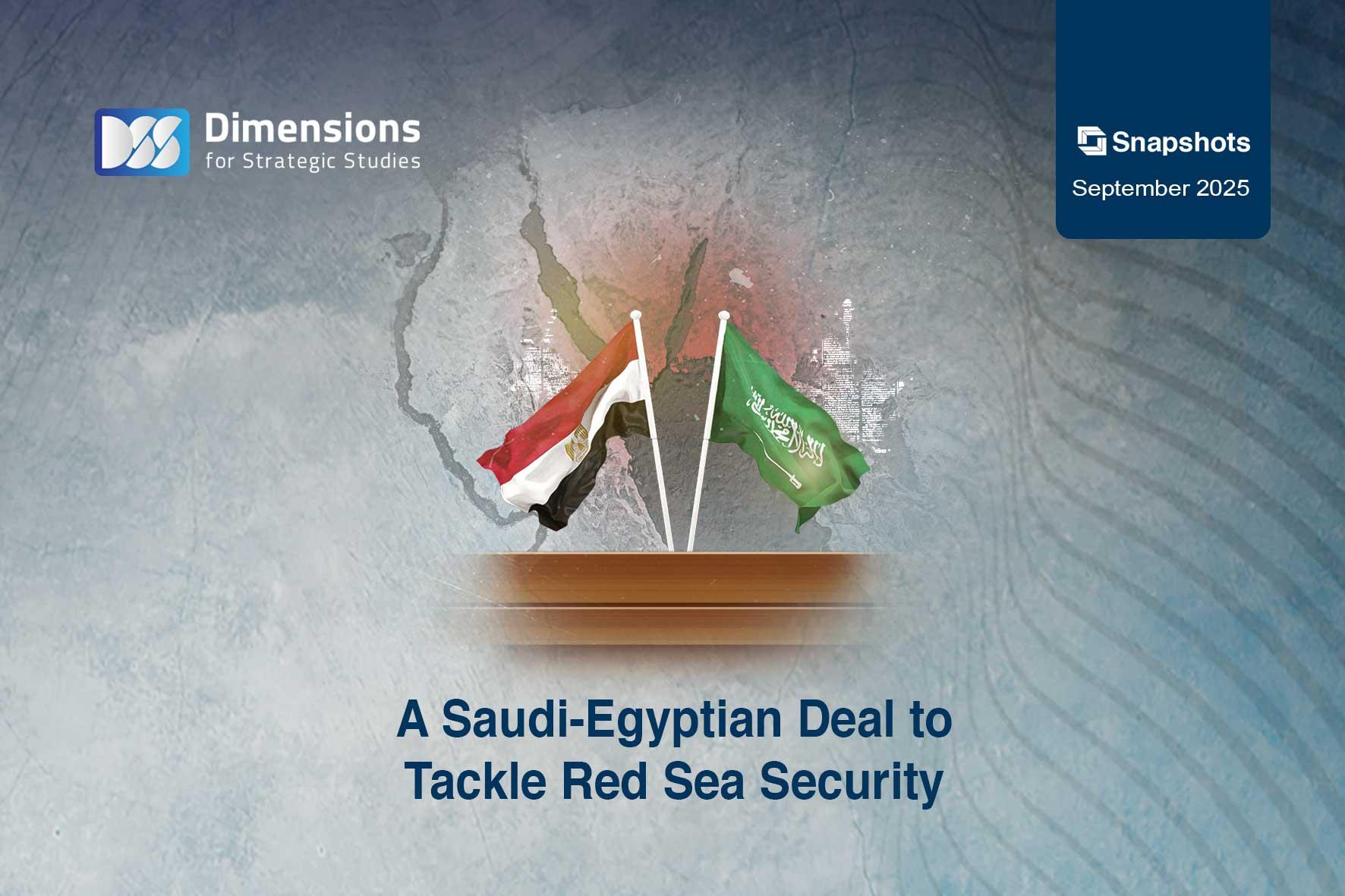
A Saudi-Egyptian Deal to Tackle Red Sea Security
2025-09-153264 view
Saudi Arabia and Egypt have signed a landmark agreement to work together more closely on maritime security, primarily in the Red Sea. The agreement, signed in early September, provides for ongoing operational coordination, as well as the exchange of expertise between the two countries.
Each side had several motives for signing the agreement, which could subsequently bring in other Red Sea countries, such as Yemen, Somalia, and Sudan—especially if member states of the Council of Arab and African Coastal States of the Red Sea and the Gulf of Aden, formed in 2020, create a joint naval force.
Egypt is seeking to ensure the security of maritime traffic via the Red Sea and thus preserve commercial activity through the Suez Canal, which has been severely impacted by the escalation between Israel and the Houthis. The Yemeni rebels have repeatedly targeted commercial vessels in the Red Sea, particularly Western and Israeli shipping.
Egypt also appears to be seeking to use such an alliance to balance against Ethiopia, whose relationship with Cairo has been particularly tense given the inauguration of the Grand Ethiopian Renaissance Dam (GERD), as well as and Addis Ababa’s efforts to shift the balance of power in the Nile Basin and the Red Sea.
Saudi Arabia, for its part, would benefit from the formation of a joint naval force to monitor security in the strategically vital waterway and prevent the smuggling of arms to the Houthis. The Yemeni group continues to pose a threat to Saudi security through its activity on the Yemeni-Saudi border, especially since the stalling of the peace process in Yemen, which Riyadh has sought to advance in order to stabilize its southern neighbor.
The Red Sea region is a globally vital as a corridor for energy supplies, primarily from the Gulf states to international markets. Ensuring the security and safety of maritime navigation is therefore vital to safeguarding Saudi Arabia’s economic interests.
Saudi Arabia and Egypt also have a shared interest in monitoring the flow of weapons to Sudan, where the influx of weaponry has fueled a devastating conflict since the Rapid Support Forces paramilitary group rebelled against the army in April 2023. Egypt and Saudi Arabia both support Khartoum and the Sudanese army—especially Egypt, given its shared border with Sudan.
Were a joint regional naval force to be established and succeed in maintaining security in the Red Sea basin, this would will affirm the pivotal roles of both Riyadh and Cairo in protecting maritime supply chains between the Middle East and Europe. Furthermore, it would undermine the security pretexts forwarded by other states in the region, notably Iran and Israel, as they seek to expand their influence there.





